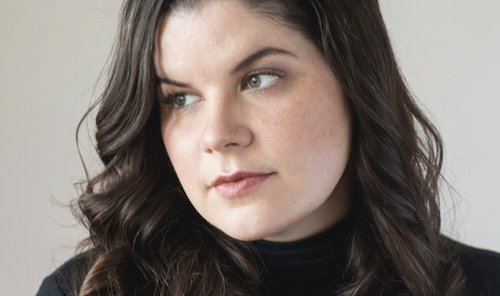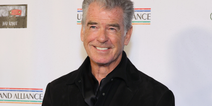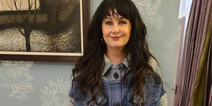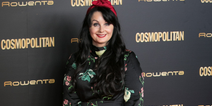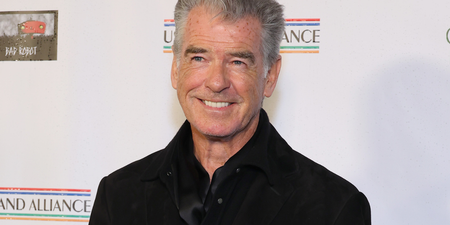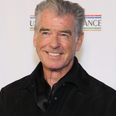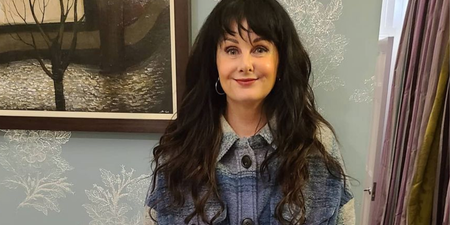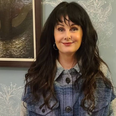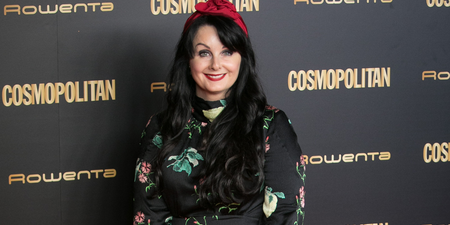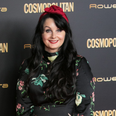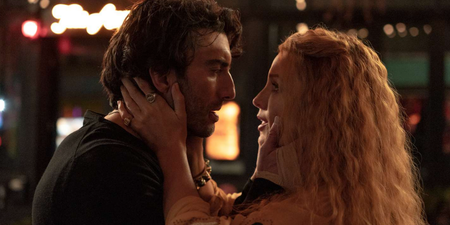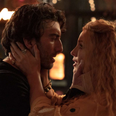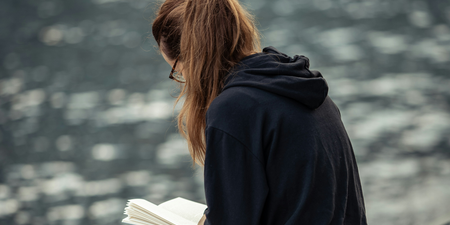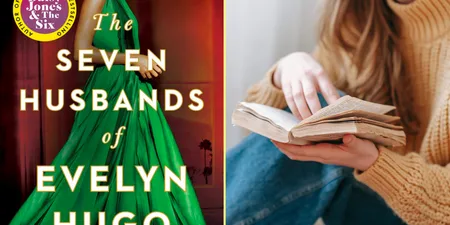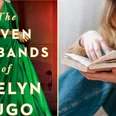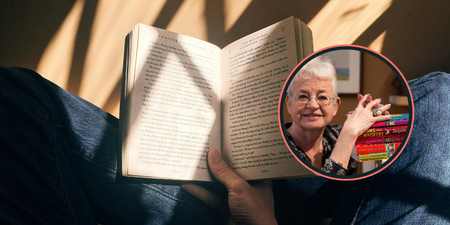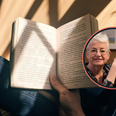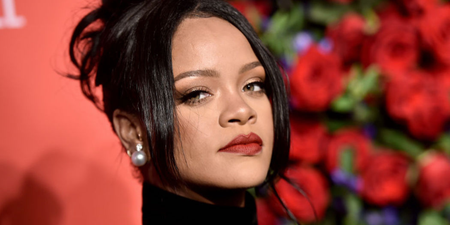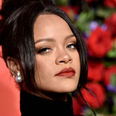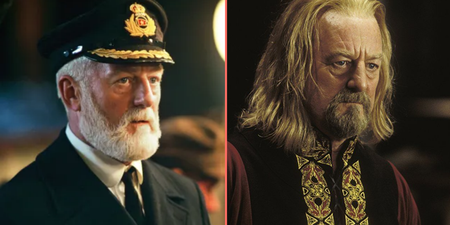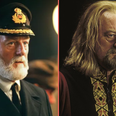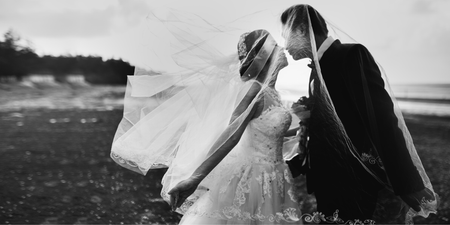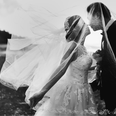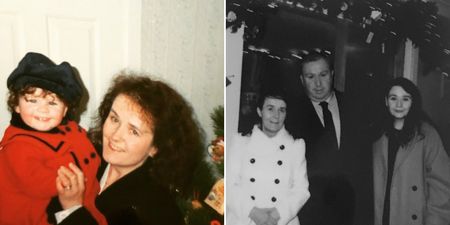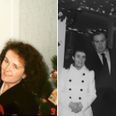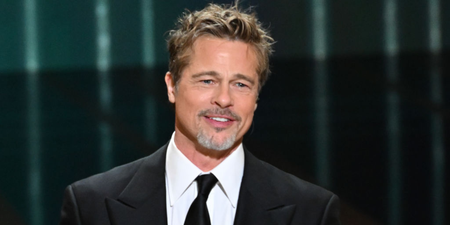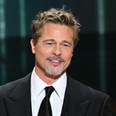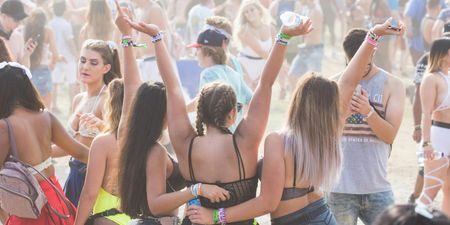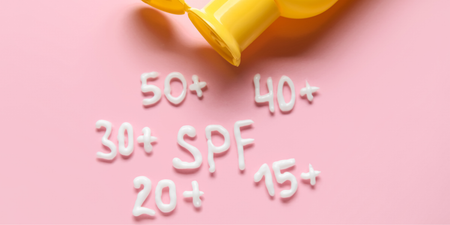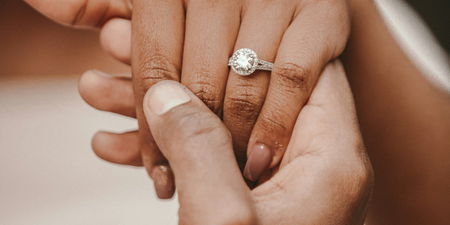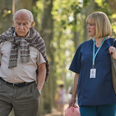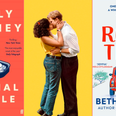“I never expected my book to be timely, just because I had worked on it for so long,” Kate Elizabeth Russell admits, as she spoke to us about My Dark Vanessa.
The author’s explosive debut novel, which was around 18 years in the making, hit (digital) shelves at the end of last month. She recently spoke to Her about working on the novel in the #MeToo era, developing Vanessa as a character and what she’s working on next.
Vanessa Wye is thrown into a new world when she gets a scholarship to Browick, a prestigious boarding school. She forms a bond with her English teacher, Jacob Strane – who manipulates her into a sexual relationship, which isolates her further from her classmates.
Nearly two decades later, in the storm of allegations against powerful men in 2017, the teacher, Jacob Strane, has just been accused of sexual abuse by another former student.
A now-32-year-old Vanessa is horrified by the idea – because she’s convinced that the relationship between them wasn’t abuse; that it was love. She’s forced to rethink her past, to revisit everything that happened – and must deal with the possibility that she might be a victim, and just one of many, wondering at one point: “if it isn’t a love story, then what is it?”
While the novel was published at the end of March, My Dark Vanessa was actually 18 years-or-so in the making – with Russell finishing the book as the #MeToo movement gained momentum at the end of 2017, which she said was “surreal” as it “aligned in this way that felt disorientating.”
“In Fall 2017, I was working on a deadline for my PhD programme. My novel was my dissertation and I had to have a finished draft by like, January 2018, in order to finish on time. I was working on it day and night trying to get it done and I was working on the present-day plotline – it was the last thing that needed to be written for the book,” she recalled.

“I already had this story, set in the present day, of another student coming forward and accusing the teacher of abuse. And then #MeToo spinning, and the parallel [to the novel] was obvious – even when it was sorties about Harvey Weinstein, and then some stories about other celebrities and whatnot.
“But I didn’t really know what to make of [the parallel between the movement and the book]. I just didn’t know; I wasn’t sure what #MeToo was going to become. But as it gained momentum, it became more of a catalyst for conversation, reflection and an entry point into these big conversations about consent, coercion, trauma and sexual violence.
“[That’s when] it became clear to me that the world was reaching this point where they wanted to engage with the subject matter that I had been working with for such a long time. And I realised that if my book was going to be published, that it would be most likely read in the context of this movement no matter what.”
That was when she decided to “take the plunge” – and began to revise the present plotline so that it wasn’t just one former student, speaking out alone.
Instead, the student ends up speaking out within the context of a movement and many other women – also students of Strane’s – come forward with their own allegations.
“[I] also revised a bit of the scenes with Vanessa and her therapist, and allowed Vanessa to sort of react to this movement and other women coming forward,” she continued.
“Then all of a sudden, I had a very timely #MeToo book which wasn’t something I ever expected. I never thought my book to be timely just because I worked on it for so long.”
The book navigated between the past and present; from Vanessa’s days at Browick to the aftermath of the allegations against Strane, filling in – at least some of – the blanks of what happened to her over the years.
The author admitted that moving between the two plotlines was difficult – and ultimately, she ended up writing the two of them separately.
“The present day plotline, which is set in 2017, that was the last thing that I wrote. And I think it would have been too hard for me to move back-and-forth [during the writing process] because, while she’s clearly the same character all the way through the novel, to me at least her voice is pretty different between those tow ages; when she’s a teenager and when she’s 32. And I just wasn’t able to sort of shift back-and-forth in that way,” Russell explained.
“But because I had worked on the book for such a long time, I had a lot of material that
was written when I was like 16, 17, 18 years old. And so, it was authentically teenage, I guess in that way. That was really helpful for me, in that even if not a lot of those teenage writings made it verbatim into the book, it was really helpful to have that writing to look at and fall back on just as a way of remembering what it felt like to be a teenager and to look at the voice, to try to implement that into into what I was working on with this book.”

As for where the inspiration for My Dark Vanessa came from, the author explained how she “traced the seed of the novel” back to when she was 14-years-old – and read Vladimir Nabokov’s Lolita.
“Reading that book, it made me so aware. Well, I mean, I fell in love with the book. I absolutely loved it, both as a sort of young, aspiring writer and also just as a 14 year old girl reading it. It offered me such a sort of romanticised way of looking at the world. Because once I read that book, I saw it reflected in the culture I was living in, you know, coming of age in the in the late 90s and early 00s, I saw traces of Lolita, the Lolita trope, if you will, the sort of teenage seductress – I saw evidence of that everywhere,” she added.
“And I sort of understood that that trope was on some level wrong, or at least unfair, but by reading Lolita, it offered me I think this really romanticised way of looking at that. It also gave me a way of looking at that dynamic, as though I myself as a teenage girl had some power. And I sort of fell for Humbert Humbert’s manipulations in that way. And so, it was really reading that novel that made me aware of all of this, and it was a process of sort of channelling that mindset. into these fictional characters and sort of running with it over the years.”
And after spending the better part of two decades working on the novel, she recalled how there was one big change she made to the book – and how it helped things come together “in a way that it never had before.”
“The structure of the novel changed a lot, the setting changed, the point of view – but the central relationship between Vanessa and Strane stayed the same throughout the entire writing process. And I had always envisioned the book taking place over a long period of time, and so that sort of stayed the same as well,” she explained.
“But one thing that shifted, and I think w as maybe the biggest change, was when I was younger, I was really writing this novel and envisioning it as a sort of complicated, dark love story. And I didn’t really think of it in terms of trauma or abuse. But then later, in my mid 20s, my thinking dramatically changed in that regard. I did start thinking of [the story] in terms of trauma, which made the novel take on a new shape and made everything come together in a way that it never had before.”

She told us how, while developing Vanessa’s character, it felt important to keep her “true to the time she grew up in” – but the framework of the character began to change in the final few yers 0f the writing process.
“I know writers say this sometimes and it might sound sort of disingenuous, but I don’t know how else to describe it – in a lot of ways, she came to me fully formed. I felt like I knew her, even in those early stages. But at the same time, there’s a lot of myself in Vanessa, and a lot of my friends as well. I tried to write her in a way that felt true to the time period that she’s growing up in, which is the same the same time period I grew up. I wanted her to be sort of like an ordinary teenage girl in the year 2000,” she said.
“But then as you know, as I got older, and I kept working on this book, I started reading about trauma theory and the way that prolonged trauma, especially trauma as a result of sexual abuse, affects the mind and affects behaviours. And the more I learned about that, the more I sort of recognised those symptoms in her character; as those those symptoms had already been there. I’d already written them into her with almost without even realising it, which provided a new framework for her, or a new way to understand her, and that became really important to me over the last five years of the writing process.”
As for what she’s going to be working on next, Russell told us that she is “in the really early stages” of something new – although, she keeps calling it a project, as she’s too “superstitious” to call it a book.
“You know, I always worried about the idea of working on something new just because I worked on this book for such a long time. It was like, ‘do I have it in me, to be devoted enough again, to win another project and see it through?’ But I feel really good about this new idea. I have one character, especially, who is emerging in my mind in a really complex, interesting way. And [it deals] with themes of creativity, of activism, and definitely adolescent girlhood – and also the internet,” she said.
“That sounds a little cryptic, I guess, but all these ideas are coming together in my mind and yeah, I’m excited.”
My Dark Vanessa by Kate Elizabeth Russell, published by Fourth Estate, is available now.
You can listen to the first chapter of the book below.
